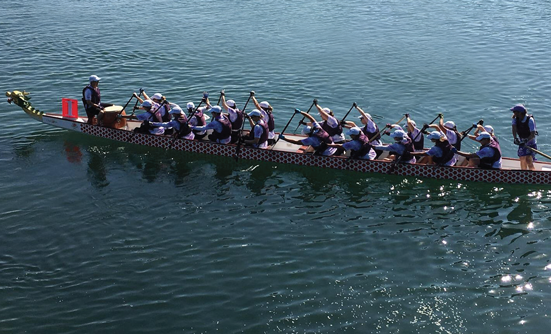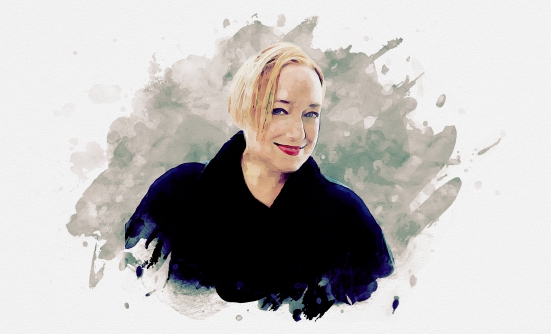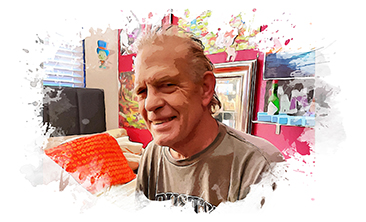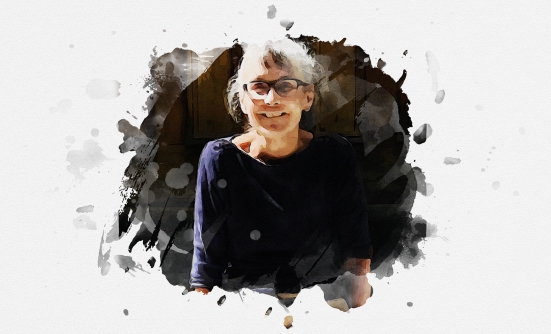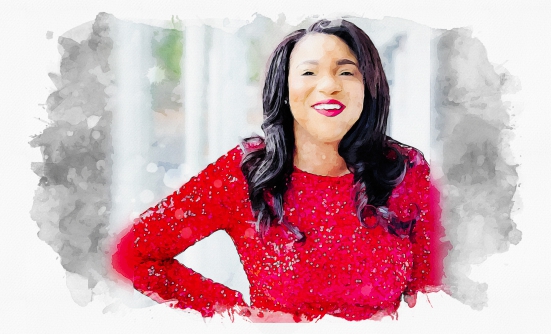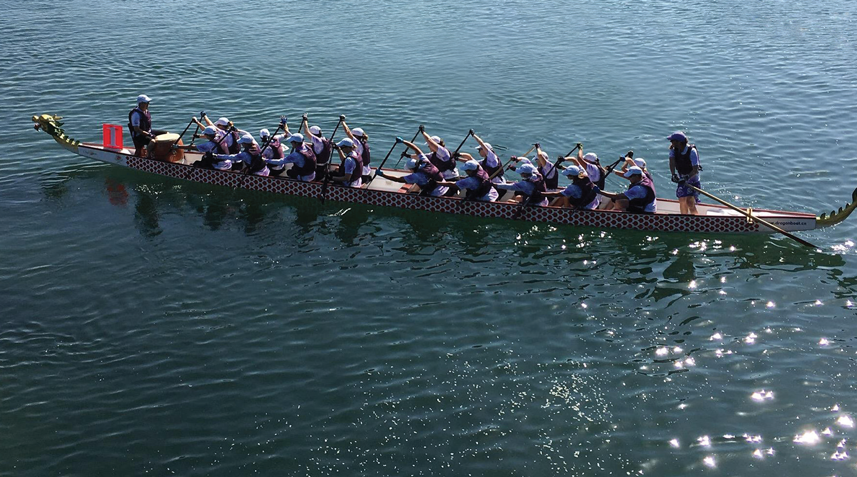
Boat racing with Lori’s team—Team Survivor San Diego Sea Dragons
As Lori Plutchak sits in the dragon boat, surrounded only by teammates and open water, she doesn’t have time to think about much—not about what’s for dinner or the errands she has to run, and most definitely not about cancer. Her focus is only on paddling in sync with her 19 teammates, all of whom have their own worries about life on the other side of a cancer diagnosis to deal with. But right now, on the boat, they are only teammates and competitors; in this moment, the only thing that matters is moving forward.
This is Lori’s cancer support group in San Diego, CA. It’s not your typical “sit down and talk about how you are feeling” support group; it’s a get up, get out there, and keep living support group.
No one would have batted an eye if Lori had slowed down after she was diagnosed with liver cancer at age 51. But instead of finding a “traditional” support group, the avid hiker and runner looked for a group that could inspire her, ultimately finding that with dragon boat racing—a team-paddling sport that has deep roots in cancer survivorship.

“It’s a positive thing that has come out of having had cancer: it is something new that I’m doing. I still run, and I still hike, and I still travel, but now I paddle with these amazing women, who have all gone through—maybe not my same story—but they have all gone through something like what I have,” Lori said. “They get it!”
A Shadow on Her Liver
Lori’s story started when she had a test for something unrelated to cancer. When the doctor called to tell her the scan showed a shadow on her liver, cancer didn’t immediately pop into her head. It wasn’t until subsequent tests performed at the persistence of her doctors showed the same spot on her liver that she began to worry. After a biopsy, Lori was diagnosed with hepatocellular carcinoma, the most common type of liver cancer. Liver cancer is usually caught at later stages, so Lori was very lucky that her cancer was diagnosed early, when there was only one tumor.
“It could have easily been blown off, but the doctors noticed this and didn’t say it was nothing,” she said. “They pursued it and looked further, because I didn’t necessarily fit any of the criteria for liver cancer.”
Just 2 weeks after her diagnosis, Lori was able to have a liver resection (surgery), which involves taking out the section of liver with the tumor. “I was lucky that it was caught early, and that my tumor was such that it could be removed surgically,” Lori said. “Not everyone who has liver cancer is able to have a liver resection.”
Chemotherapy is not typically effective for liver cancer after surgery, so Lori had to wait and see if the cancer would return.
“There isn’t anything yet for liver cancer postsurgery. It might have been reassuring to have that; it’s a little scary to say, ‘Okay, they are working on things, but that’s it for right now,’” she said.
Surveillance has been the key in making sure she continues to stay healthy. Every 3 months for the first 3 years Lori had scans and blood tests to check for cancer recurrence. It’s been 3.5 years, with no visible evidence of the disease, but Lori is not out of the woods yet. Because liver cancer has a high rate of recurrence, she will continue to have testing every 6 months for the foreseeable future. “Cancer is always in the back of my mind; it’s always there. There are days I wake up and I am thinking about it, especially in those times when I am waiting for test results,” she said.
Team Survivor San Diego Sea Dragons
To help her cope, Lori has leaned on her community. As a wife, mother, and teacher, the outpouring of support has been strong from the beginning.
“It’s amazing how many friends you learn you have when something like this happens to you. People were wonderful and supportive. They brought me meals; they were just there for me,” Lori said. “I am so fortunate to have that emotional and physical support from the community, no matter where that community is.”
Apart from her family and extended circle of friends and neighbors, Lori also found support from other cancer survivors when she joined the dragon boat racing team—Team Survivor San Diego Sea Dragons. Although only 20 women are in the boat at one time, the group is made up of nearly 40 active members who are all survivors of different types of cancer. The women on her team range from young adults to late 70s, but they all share a common bond.
“No matter what kind of cancer you’ve had, we are all women who had to deal with this,” Lori said. “Let’s say someone is waiting for a test result, and she is feeling a little bit anxious, she almost doesn’t have to say it, because we get it, we’ve been there. It is just the underlying understanding, because we have been through it.”
Lori considers herself lucky to have found dragon boat racing and the peace it brings her when she’s out on the water. “This is something positive that we get to do. It comes from something really bad, but it’s something positive. It really is pretty cool,” she said.
Becoming a Patient Advocate
Although this camaraderie is strong, when Lori was first diagnosed with liver cancer, she couldn’t help but feel alone. Finding someone similar to her who dealt with a similar diagnosis was difficult.
“I have many extraordinary friends who have survived breast cancer or different types of cancer. There are a lot of support groups out there, but it was really hard to find someone else to talk to who has liver cancer or who survived liver cancer,” Lori said.
After some research, she connected with the Pacific Division of the American Liver Foundation, a nonprofit organization that promotes liver health. Lori eventually joined the Board of Directors and became involved with several programs, including the Liver Life Walk, a national fundraising event. Lori also recently went to Washington, DC, to participate in the American Liver Foundation Advocacy Day on Capitol Hill. “This is something I can do to help others, and I guess, be a patient advocate. I had a hard time finding people, so maybe I can be there for others,” she said.
Lori hopes that by working with the American Liver Foundation she can help raise awareness of liver cancer. “October was Liver Cancer Awareness Month. Many people don’t know that, because it’s not that mainstream yet,” Lori said. “Liver cancer is the second leading cause of cancer-related deaths worldwide. Liver cancer rates have more than tripled since 1980 in the United States. It’s one of the cancers, unfortunately, that’s on the rise here.”
What Lies Ahead
Lori is not sure her doctors will ever declare her “cured,” but the worry of what the next test result may show has not stopped her from living her life to the fullest.
“I appreciate every minute and every day,” she says. “My husband and I like to travel. We definitely appreciate the fact that we are still able to do that. I don’t take it for granted, that’s for sure.”
Between dragon boat racing, advocating with the American Liver Foundation, teaching, and continuing an active lifestyle with her husband, Lori has made sure that she is thriving while surviving.





